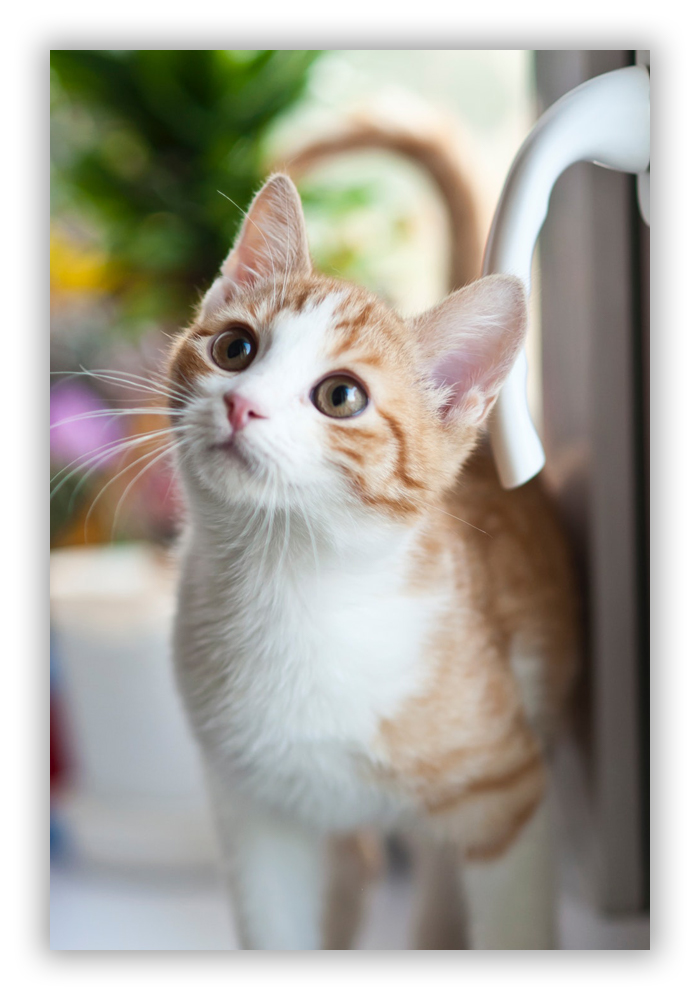Cat Diagnostic Imaging
Cat diagnostic imaging may include radiographs (x-rays) and/or ultrasounds. Each of these may be used as a diagnostic tool to gather information on your cat’s health.
Most imaging is non-invasive and completely painless. However, some imaging may require anesthesia or sedation because your cat must be kept still to allow for accurate images to be produced.
There are many diagnostic images that we can take of your cat. Depending on what is going on with your cat, your veterinarian may take radiographs or ultrasound of your cat. These images will help give your veterinarian more information on what is going on inside your cat’s body. We offer X-Rays (Radiographs) on site, and we can refer your cat to the best facility for your cat’s needs if further diagnostic imaging is needed.
X-Rays (Radiographs)
Radiographs are a great tool to check if your cat has a broken bone, mass in their abdomen, obstruction, problems with their heart or lungs. Radiographs can help diagnose many common problems seen in cats. Radiographs are a very non-invasive way to diagnose many diseases and are cost-effective. For your convenience, Animal General Hospital provides in-house radiographs.
Ultrasounds
Ultrasound is one of the most common types of diagnostic imaging tools veterinarians use to diagnose a cat’s medical condition. Ultrasounds use soundwaves to examine and photograph internal tissues in real-time. An ultrasound allows a veterinarian to see into a cat’s body, allowing for easy viewing of organs from different angles that are not easily achieved through x-rays. The functioning of various organs can be observed to determine if they are malfunctioning. For your convenience, Animal General Hospital provides in-house ultrasounds.
If your cat is injured or ill, using one of the above diagnostic tools can help us evaluate your cat and determine any underlying problems and help us get your cat back to full health as quickly as possible.
Everyone was so wonderful from the moment we walked in. So kind and attentive. Dr. W and his staff made us feel as if we were their only patients that day. I never felt as though we were being rushed through to get to the next appointment. Everything was explained thoroughly and all questions were patiently answered. Would highly recommend!
We had a great experience bringing our kitten Sam to Animal General! The staff was kind and caring and was great at communicating with us through the whole process. We can’t wait to bring our other pets there for their vet needs.
Always a wonderful and positive experience!
Super friendly and helpful staff- The vet was compassionate and very knowledgeable. My puppy came in with a fractured femur and right away received lots of love and attention. I know I left him in good hands.



